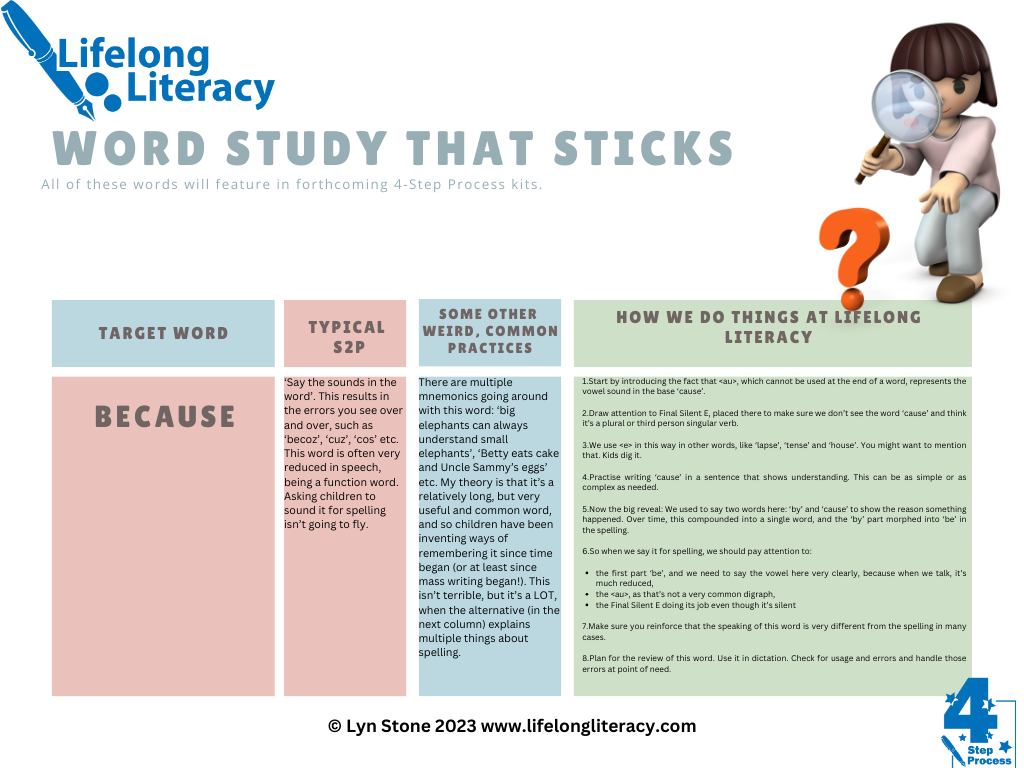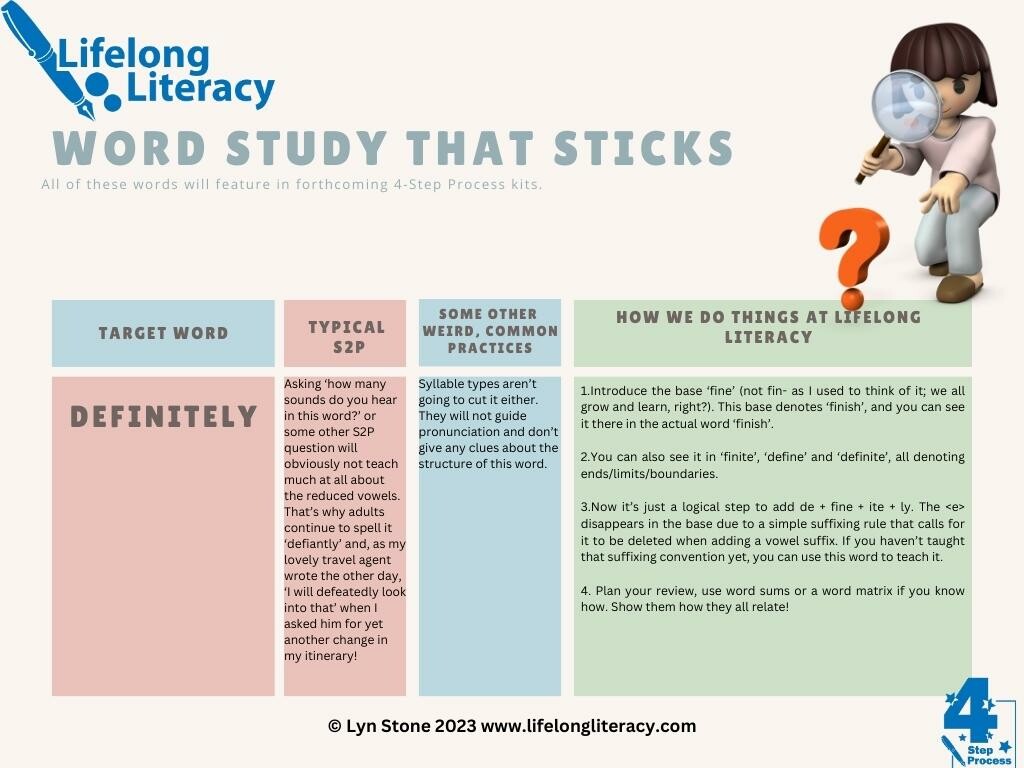I go on leave on Dec 9 and won’t be back on social media, my phone, or even email until Jan 3. It will be the longest break from work I have ever had, in my almost 30-year career. Don’t get me wrong; I love my work, but this has been a big and wonderful year. It’s time for a break.
If you’re thinking of getting in touch during this period, please hold off so I don’t come back to a bursting inbox/DM space. Take some time to rest too!
Before I go though, I’d like to follow up on my ‘Culty as Charged’ Speech to Print blog post. The response has been predictably bipolar, with many expressions of relief and support that this issue is being discussed:
“As a teacher, trying to navigate this landscape is tremendously difficult. I appreciate your candour. I came out of university 23 years ago with a degree that did not equip me to successfully teach reading. Over my 7 year journey of trying to understand the process, I have listened to many touting their ‘way’, and our school has handed over truck loads of dollars for us to learn how to follow a program, with fidelity: An S2P program that has flaws. I feel like I’m forever on a learning journey and it’s very tiring!”
There have been some weird interactions where people whose public image is all smiles and lollipops have been quite aggressive, accusing me of jealousy (ha!) and divisiveness. I don’t mind aggression, but when it’s dressed up as advice about my tone or casts aspersions on my intentions, instead of a debate about the substance of my arguments, it just comes across as rude and shallow.
Also rude, and frankly missing the point, is another common reaction, that is, ‘Not all S2P’. That’s like saying ‘Not all men’, or ‘All lives matter’. If what I described in my post doesn’t describe what you do, then what are you worried about? You are now defending a term when my post was about practices and the weird, culty movement that promotes those practices. If that’s not you, walk on by.
I’ve also had a few offers to speak more about my views on the topic, from respected colleagues, and I’ll be doing some podcasting next year on the subject. That sort of thing I like very much, and I look forward to learning from intelligent, accomplished peers who present a counterpoint to the substance of my arguments.
As the days go by in the run-up to my leave, I’m going to offer some solutions to the Speech to Print problem. I’ll do this by releasing a Top 10 of words harvested from educators all over the world. These words were submitted to me during various worldwide workshops on spelling and reading, as well as over social media, in response to the question, ‘What words do you find most difficult to teach/learn?’
From those responses, I compiled a list of 173 words, noting the most common ones. Today I will talk about the top two: ‘because’ and ‘definitely’. They ranked equal as the most frequent difficult to teach/learn word examples according to my surveyed educators in 2022-2023. I will release 4-Step Process kits on those next year, but for now, I’ve put the solution into a table, comparing other possible (and not uncommon) approaches.


As you can see, explaining the structure of your target words is much more of an involved process, and requires higher linguistic knowledge from the teacher than that which was delivered in teaching degrees. But it’s worth it. Try it!
Next instalments: ‘said’ and ‘their’. Happy spelling!

I have taken many of your courses. I have learned so much from you. Keep up the good work. I think you are amazing. Enjoy your time off.
That’s very kind, Lynn! I hope you like the next one too!
This is wonderful! Combining sound-symbol correspondences with morphological word families, with linguistics (reduced sounds), with common spelling patterns (e after s to clarify a non-plural). This is how I do it; I’ve clearly been influenced by your webinars, podcasts, and writings.
Thank you Lynn.
I’m currently working through a few more of your courses – thank you for the two for one offer ❤️.
I am always learning on this journey of literacy intervention, and I suspect that I will always be learning.
Right now I am learning a great deal from you! Thank you! ☺️
Love this! Question – so if I want to increase my knowledge of how to teach this way, what do you recommend reading?
Thanks!